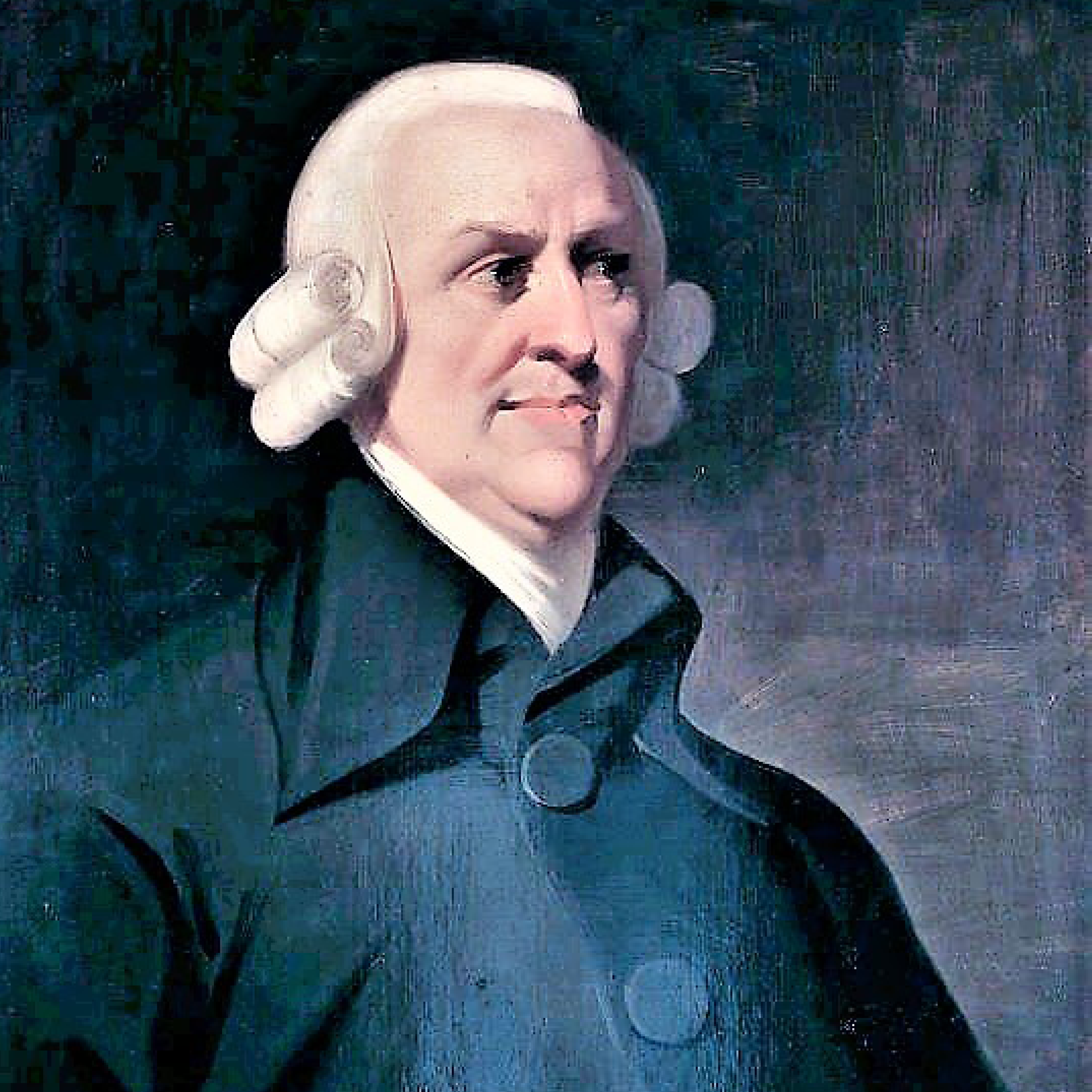
Wealth of Nations
The Wealth of Nations is a classic. Even those who have never read it are likely to recall some of its more famous lines: for example, its discussion of “the invisible hand,” or else its famous line about “the butcher, the brewer, and the baker.”
Adam Smith’s Wealth of Nations is a foundational treatise in economic thought, but one that is as much philosophical in character as it is economic. It extolls the benefits of the division of labor, competition, and trade. It famously argues that, where markets are competitive, an individual pursuing his or her own self-interest is led by “an invisible hand” to advance the public interest.
The Wealth of Nations was written by the eighteenth-century Scotsman Adam Smith, the “father of modern economics.” In addition to his importance as an economist, Adam Smith was an important figure in classical liberalism and in the Scottish Enlightenment. In addition to The Wealth of Nations, Adam Smith authored a philosophical classic called The Theory of Moral Sentiments.
The Wealth of Nations was deeply influential on the founding generation of Americans. It was published by Adam Smith in 1776, when he was roughly fifty-three years old. Naturally, many American readers of Adam Smith’s work have been struck by the fact that The Wealth of Nations was published the same year as the Declaration of Independence. Our copy is a first edition.
Quick Look
Who: Adam Smith.
When: Adam Smith’s Wealth of Nations is a foundational treatise in economic thought.
Publishing information: 1776
Learning Activities
One of Adam Smith’s most famous passages in The Wealth of Nations is: “It is not from the benevolence of the butcher, the brewer, or the baker that we expect our dinner, but from their regard to their own self-interest. We address ourselves not to their humanity but to their self-love, and never talk to them of our own necessities but of their advantages.” What does this quote mean? Is Smith right? Why or why not?
